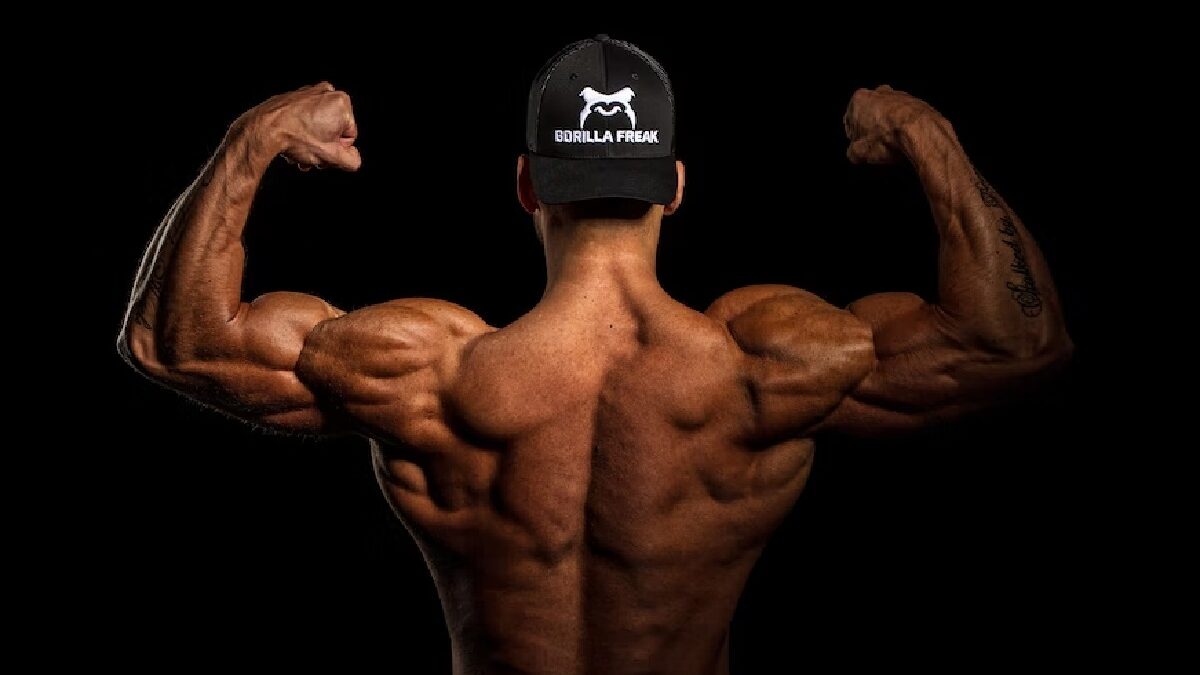The relationship between muscle mass and hormones in bodybuilding – Learn about the effects of hormones and other factors on muscle mass and ensure the benefits of resistance training in students
Muscle mass gain is a vital adaptation capable of promoting the improvement of several components related to breakdown, elderly, health and aesthetics.
One of the primary triggers of this adaptation is the practice of exercises, mainly of the resisted type ( weight training ).
In addition, the increase in hormonal activity resulting from this practice is an adjunct to triggering the cellular responses that induce muscle hypertrophy.
However, many believe that the magnitude of anabolic hormone release during resistance training is directly related to the level of chronic muscle mass gain. While it is tempting to make this analogy, studies have shown that this condition is not established.
That is, bodybuilding training aimed at increasing pure strength, whose muscle tension is involved in the resistance of high lots that allow a maximum of only 5-6 repetitions, will not induce more hypertrophy releasing more testosterone or GH during training. Nor will this happen in a workout with a more excellent metabolic character composed of a more significant number of repetitions.
Agents are acting on muscle mass.
It known that the biochemical interactions involved in the increase in muscle mass depend on other agents, such as inflammatory, immune and nutritional factors. This leads us to trust that there not a single modulating element of muscle mass but a synergism between the cellular pathways that allow this morphofunctional adaptation of the skeletal muscle.
It significant to note that we are referring to the natural increase in hormone release resulting from the mechanical stress of strength training since the exogenous use of artificial hormones (either steroid or protein) proven capable of increasing muscle mass independently of others. Agents.
Using these drugs as an ergogenic strategy directly associated with dizzying gains in muscle mass.
However, it is essential to emphasise that this type of conduct can lead to the development of side effects and several diseases, especially those of a cardiovascular nature.
Conclusion
Given the above, bodybuilders must understand that more important than a possible hormonal activation resulting from the type of training performed is the interaction and knowledge of the various other mediators of muscle mass gain, such as food, sleep, biorhythm, hydration, intestinal health, emotional health and improved metabolism as a whole.
This makes Fitness professionals and bodybuilding lovers pay attention to the knowledge and update on the universe of muscle mass gain.
In addition to, of course, not buying or investing in ducts, supplements or miraculous promises guaranteeing differentiated or short results. Deadline.
An up-to-date and self-critical professional will always ahead of others, as knowledge constantly recycled and re-transformed. This because science evolves from time to time.
A concept previously cited as a plausible justification for the exponent improvement of aesthetic and athletic results may no longer use tomorrow.
Also Read: Add Me to Search – How to Create Your People Card on Google

